Not all dogs are chatterboxes. While barking is a natural form of communication, some breeds are simply less inclined to make noise. They prefer calm observation over constant commentary, expressing themselves through gentle gestures and quiet companionship instead of frequent barking.
According to studies, a dog’s tendency to bark is influenced by both genetics and environment. Breeds originally developed for companionship or specialized work—rather than guarding or herding—tend to be more reserved in their vocalizations.
For anyone who values a peaceful home environment or lives in close quarters with neighbors, these naturally quiet dog breeds make perfect partners. They prove that sometimes, the best conversations don’t need words—or barks—at all.
Key Takeaways
Meet the quietest pups around—from the barkless Basenji to the gentle Great Dane.
Fall for calm companions like the Cavalier King Charles Spaniel, Whippet, and French Bulldog, who prefer cuddles over chaos.
See why graceful breeds like the Greyhound and Borzoi stay cool, calm, and almost completely silent.
Find your perfect peaceful pooch and learn what makes these quiet dogs such amazing housemates.
Least Vocal Dog Breeds You’ll Ever Meet
1. Basenji
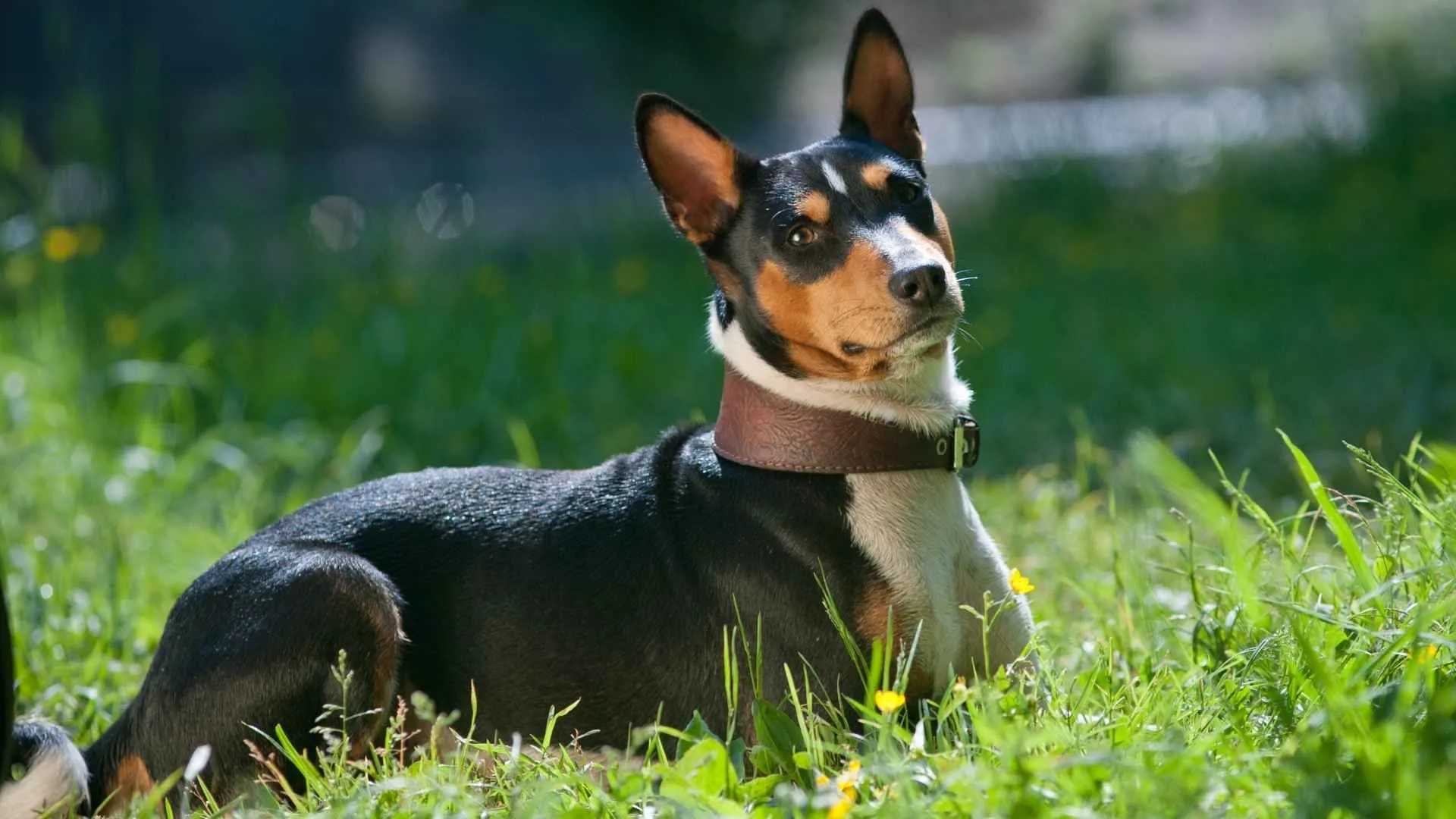
Nicknamed the “barkless dog,” the Basenji truly stands out for its quiet nature. According to the American Kennel Club, this small to medium breed is famous for making sounds that resemble a mix between a yodel and a chortle rather than an actual bark.
This unique trait comes from their differently shaped larynx, which makes traditional barking nearly impossible.
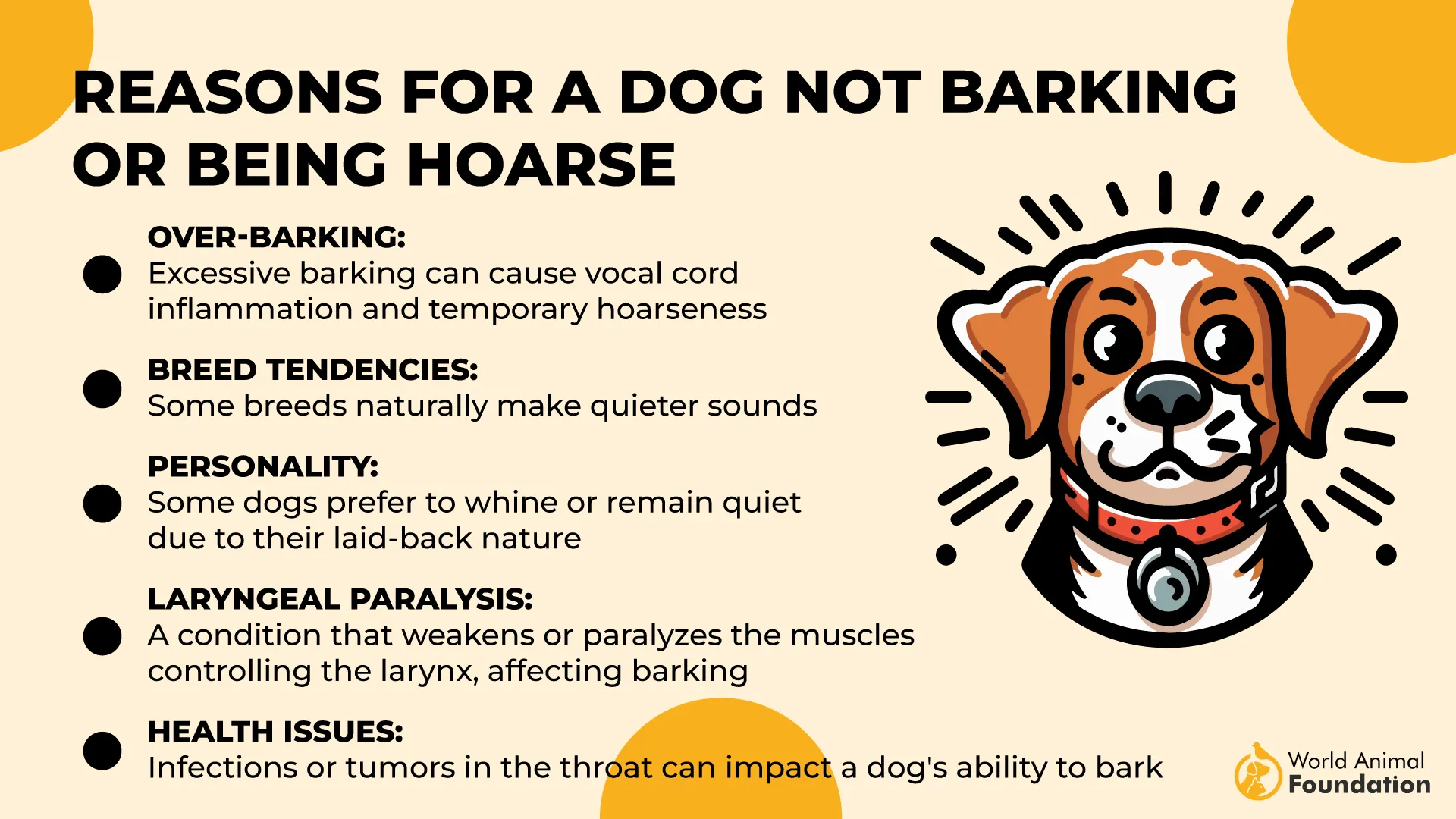
Why they’re so quiet:
Basenjis rarely bark. They communicate through soft yodels, squeals, or whines—especially when excited. These sounds are much gentler and less startling than typical barking.
Personality and lifestyle:
Originally bred as hunting dogs and once favored by ancient Pharaohs, Basenjis are alert, intelligent, and full of energy.
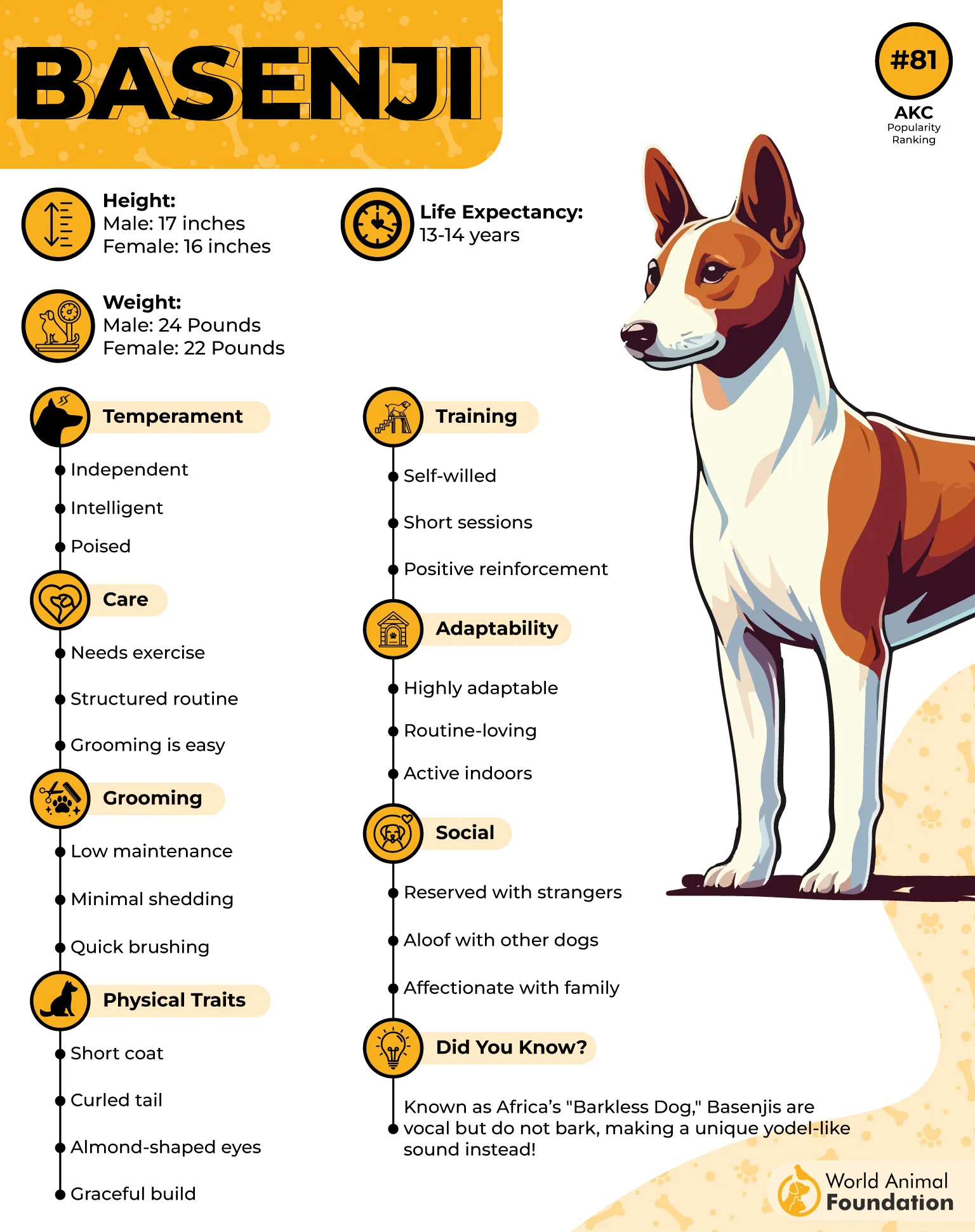
Their independent nature can make training a bit challenging, but their calm demeanor and minimal barking make them a perfect match for peaceful homes or apartment living.
2. Cavalier King Charles Spaniel

Named after King Charles II of Britain, who adored these dogs, the Cavalier King Charles Spaniel is as noble as it is affectionate.
With their big brown eyes, silky coat, and gentle nature, they easily win hearts everywhere they go. These small, loving dogs are known for being calm, friendly, and perfect for apartment living.
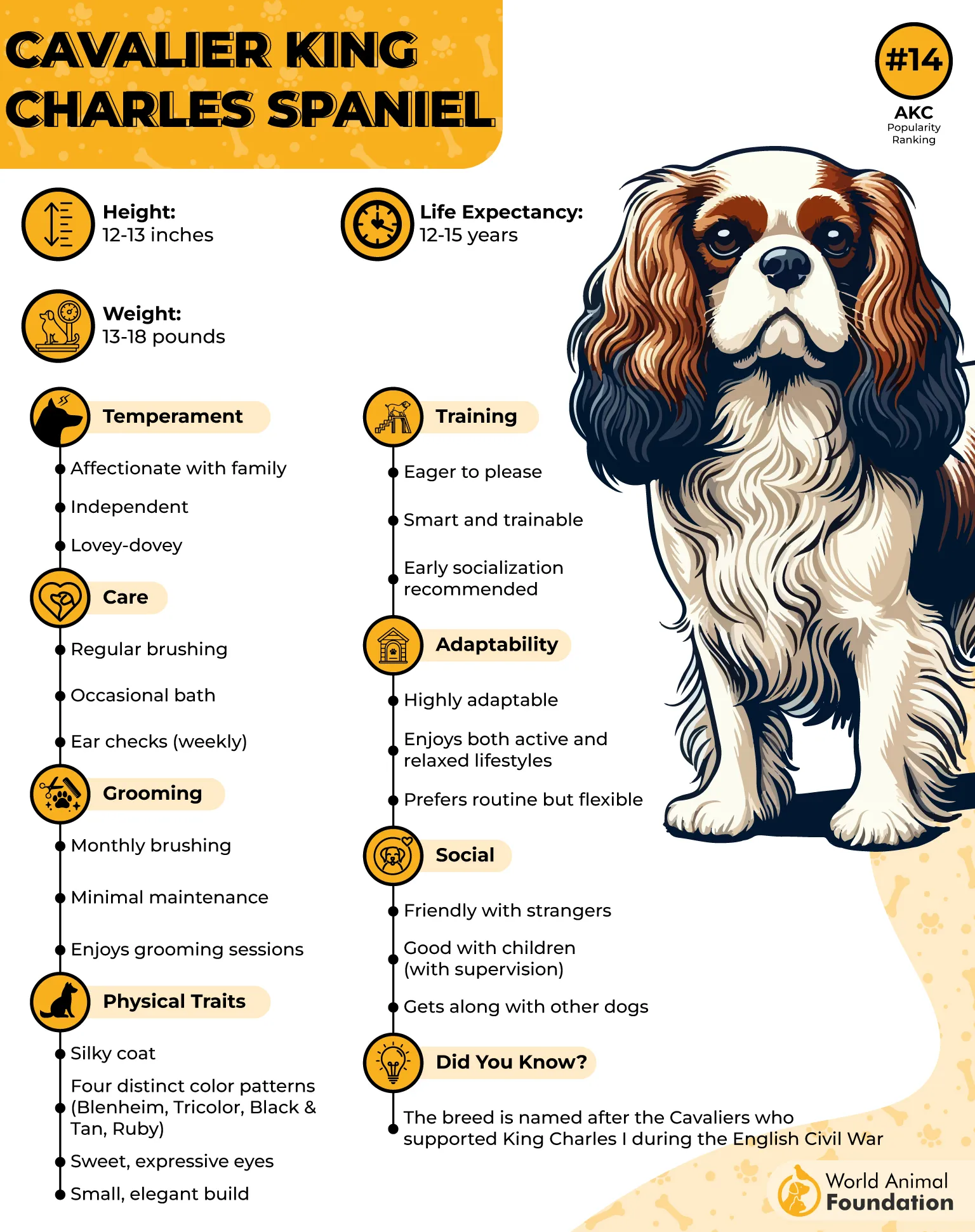
Why they’re so quiet:
Cavaliers are known to be generally quiet. They usually stay peaceful and composed, only raising their voice when they’re alarmed, scared, or feeling lonely. With attention and companionship, they remain quiet and content.
Personality and lifestyle:
Graceful and affectionate, Cavaliers love spending time with their people—whether relaxing on the couch or strolling outdoors.
They’re intelligent, easy to train, and get along well with everyone, including other pets. Gentle, loyal, and rarely noisy, this breed truly lives up to its reputation as one of the sweetest dogs you can have.
3. Greyhound
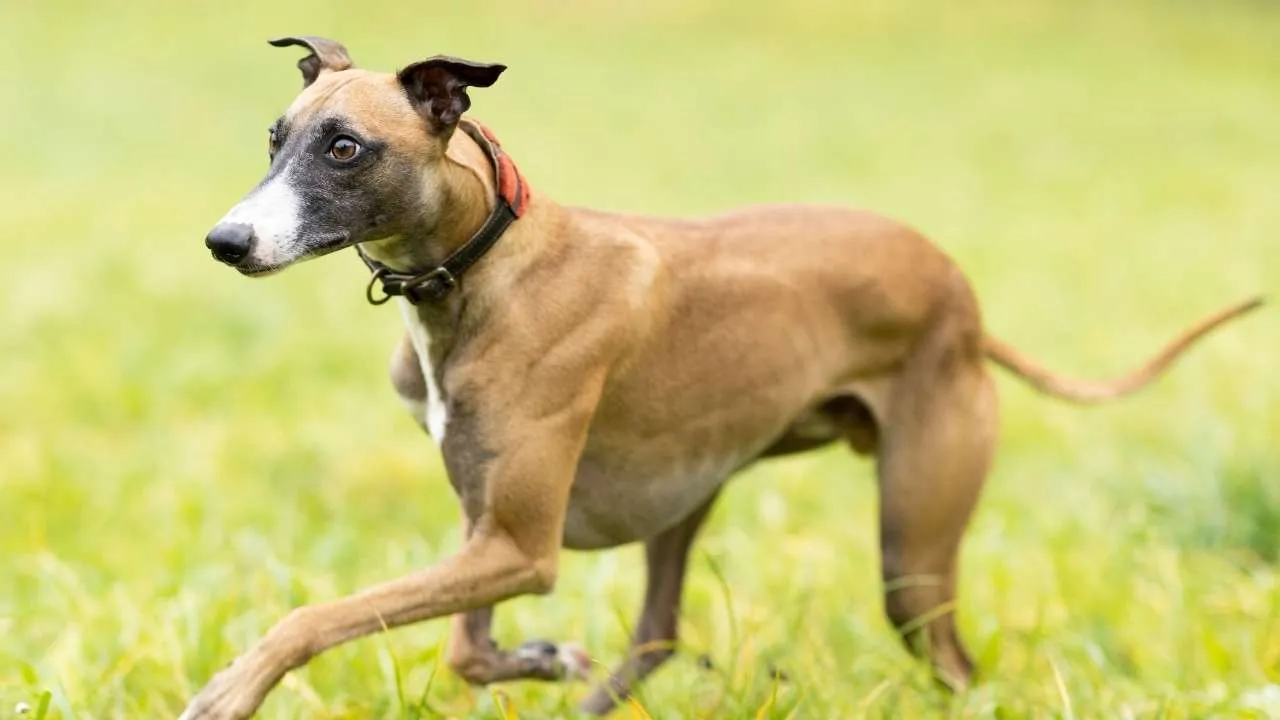
Graceful, gentle, and calm, the Greyhound is one of the oldest and most admired dog breeds. Once a symbol of nobility and speed, these sleek dogs can reach up to 45 miles per hour, as mentioned by Britannica.
Despite their athletic nature, they’re famously quiet and affectionate, preferring naps on the couch over endless activity.
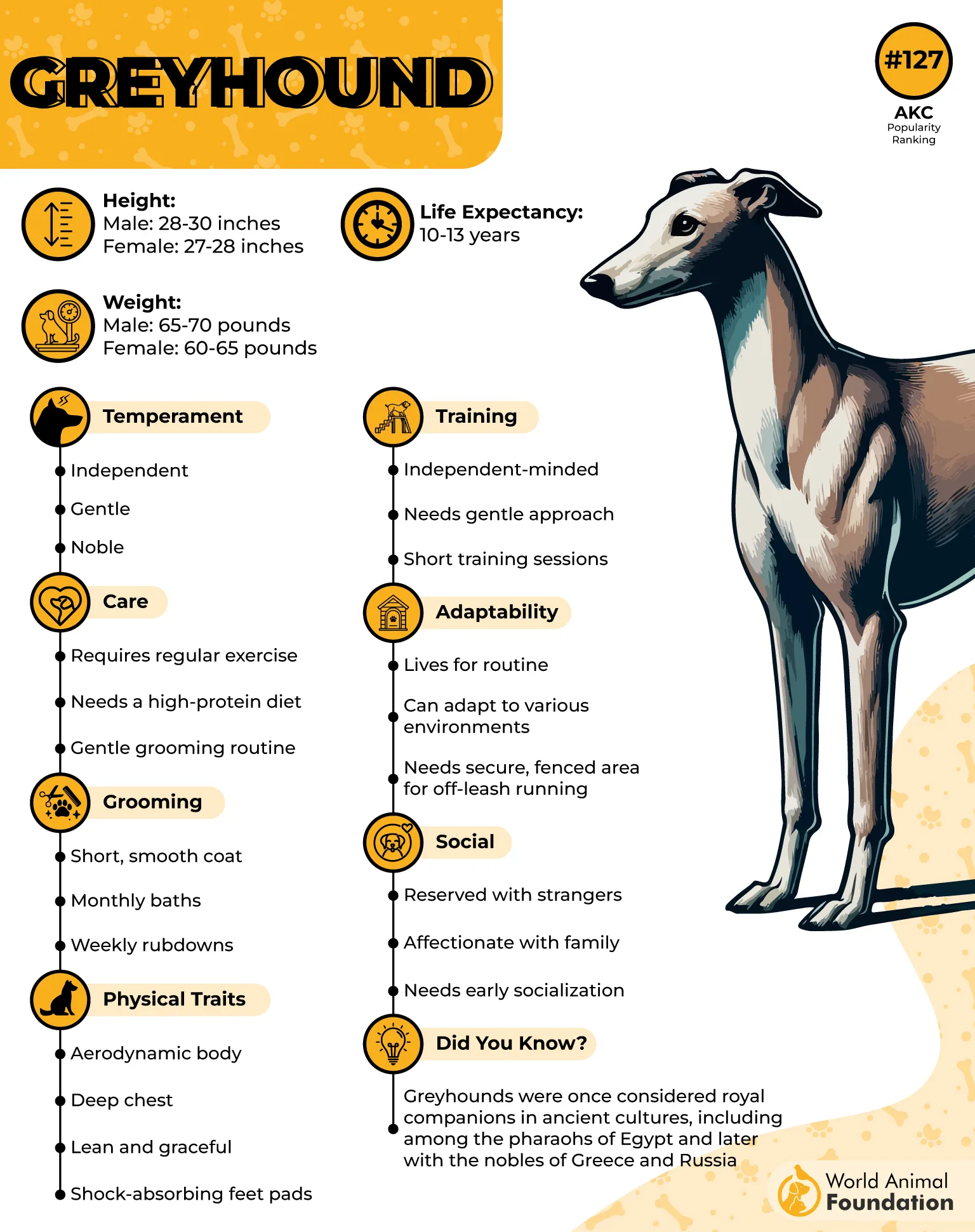
Why they’re so quiet:
As members of the sighthound family, Greyhounds hunt by sight and speed, not by sound. These playful pups rarely bark while working or at home, choosing silence and observation instead.
Personality and lifestyle:
Known for their sweet and tolerant nature, Greyhounds are calm around children and non-aggressive. They form strong bonds with their families and may whine softly if left alone, but with gentle training, they stay relaxed and well-behaved.
Often described as “couch potatoes,” they’re perfectly content to lounge quietly after a short walk or playtime.
4. Shiba Inu
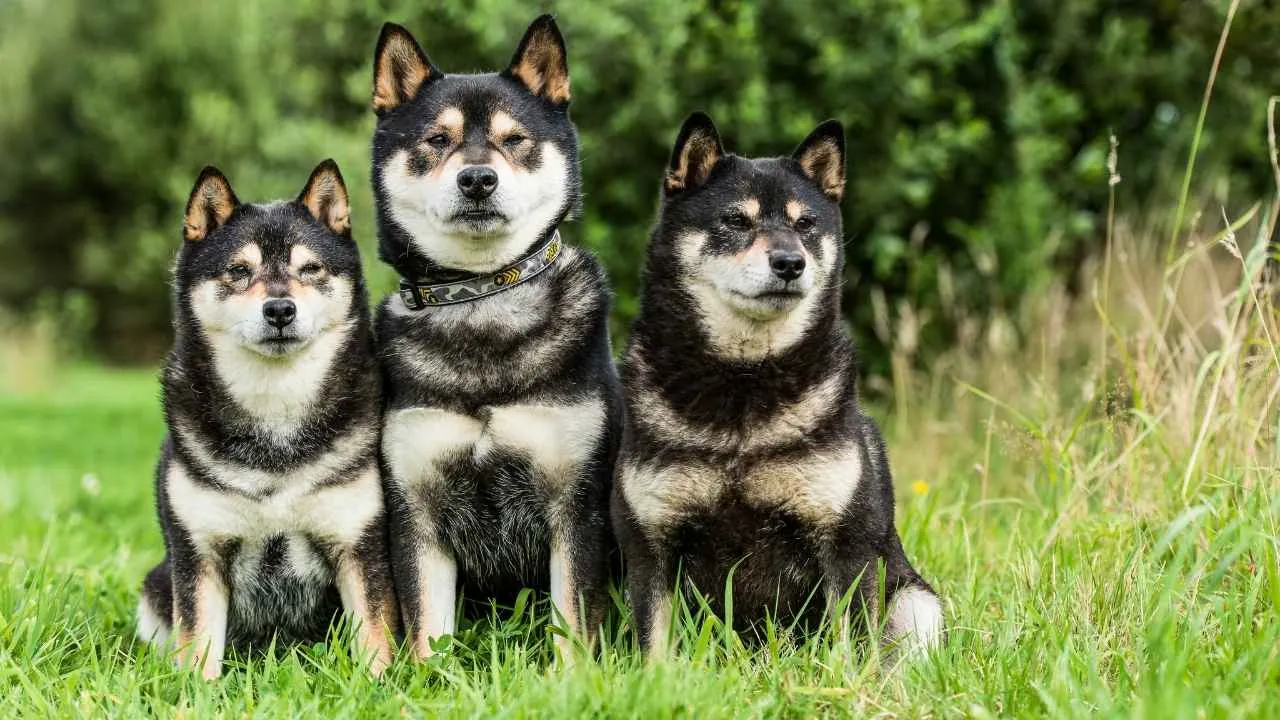
The Shiba Inu, Japan’s oldest and smallest native dog breed, is as dignified as it is adorable. With their fox-like looks and alert expressions, they’re known for being confident, independent, and deeply loyal to their families. While they’re always watchful, they tend to stay calm and quiet unless there’s a real reason to speak up.
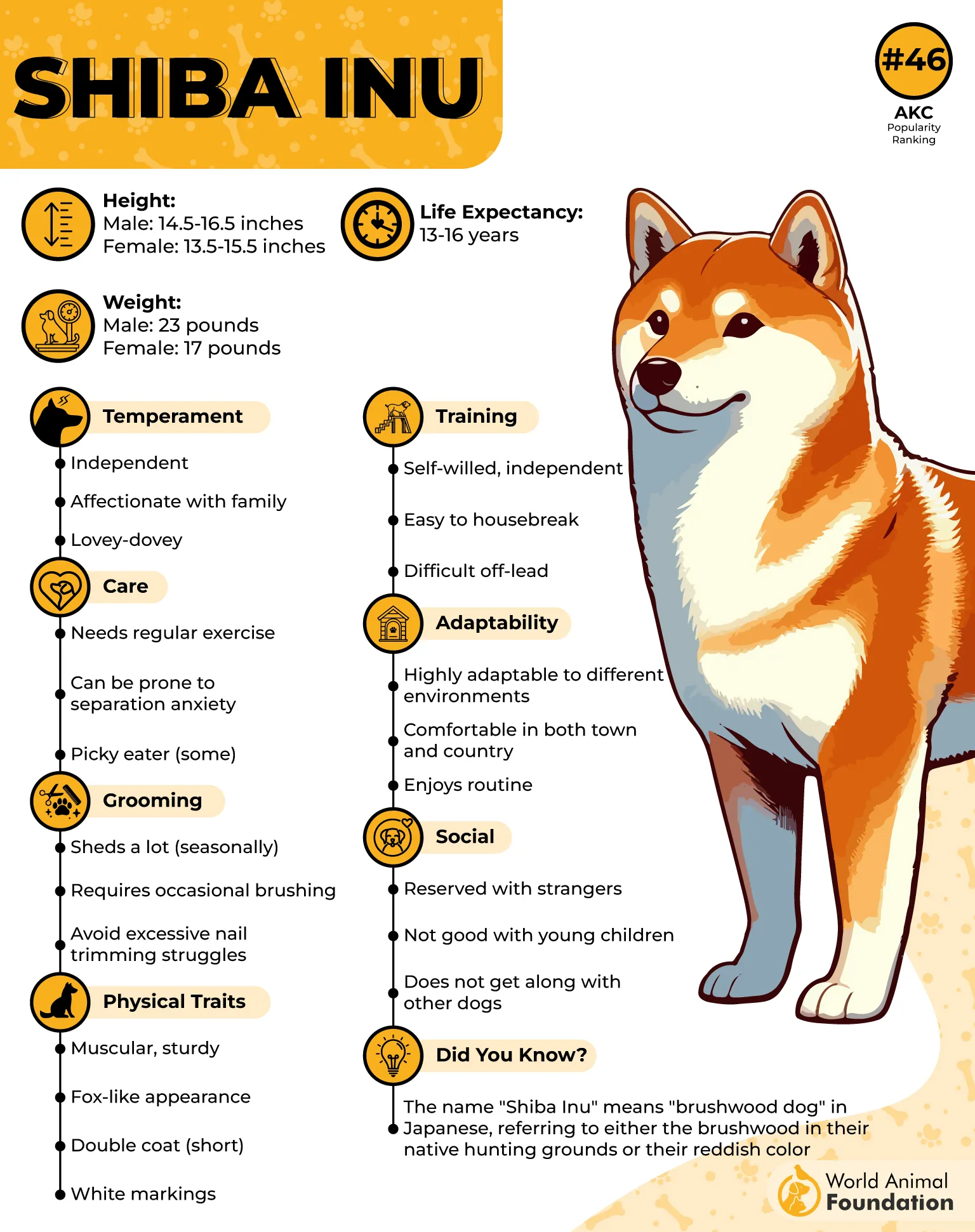
Why they’re so quiet:
Shibas rarely bark without cause. They prefer sharp, meaningful communication instead of endless yapping. However, when truly distressed—like during a bath or nail trim—they might let out the famous “Shiba scream,” a high-pitched sound unique to the breed.
Personality and ideal home:
Intelligent and strong-willed, Shibas can be reserved with strangers but form deep bonds with their humans. They’re clean, low-maintenance dogs that adapt well to apartment life. With consistent training and patience, a Shiba Inu will reward you with quiet loyalty and steadfast companionship.
5. Bernese Mountain Dog
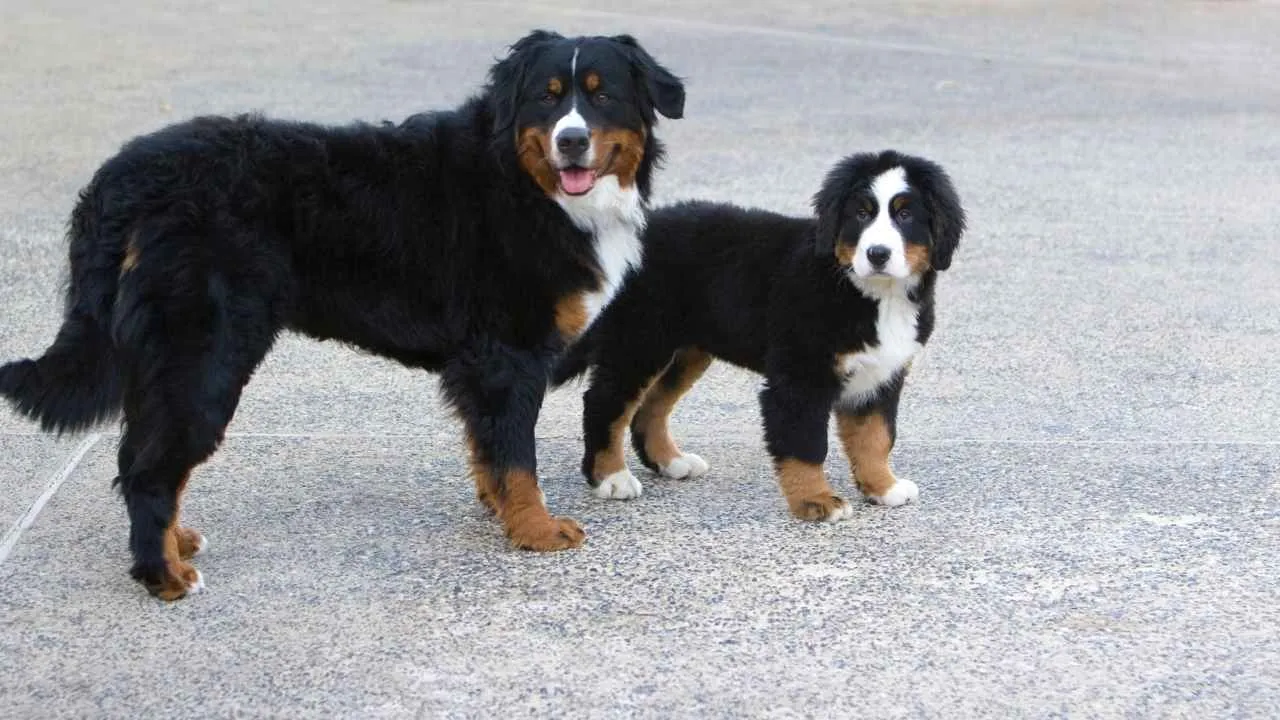
The Bernese Mountain Dog is a true gentle giant. Originally bred as a hardworking farm dog in Switzerland, this breed helped herd cattle, guard property, and even pull carts. Today, they’re known for their calm nature, loyalty, and love for family life.
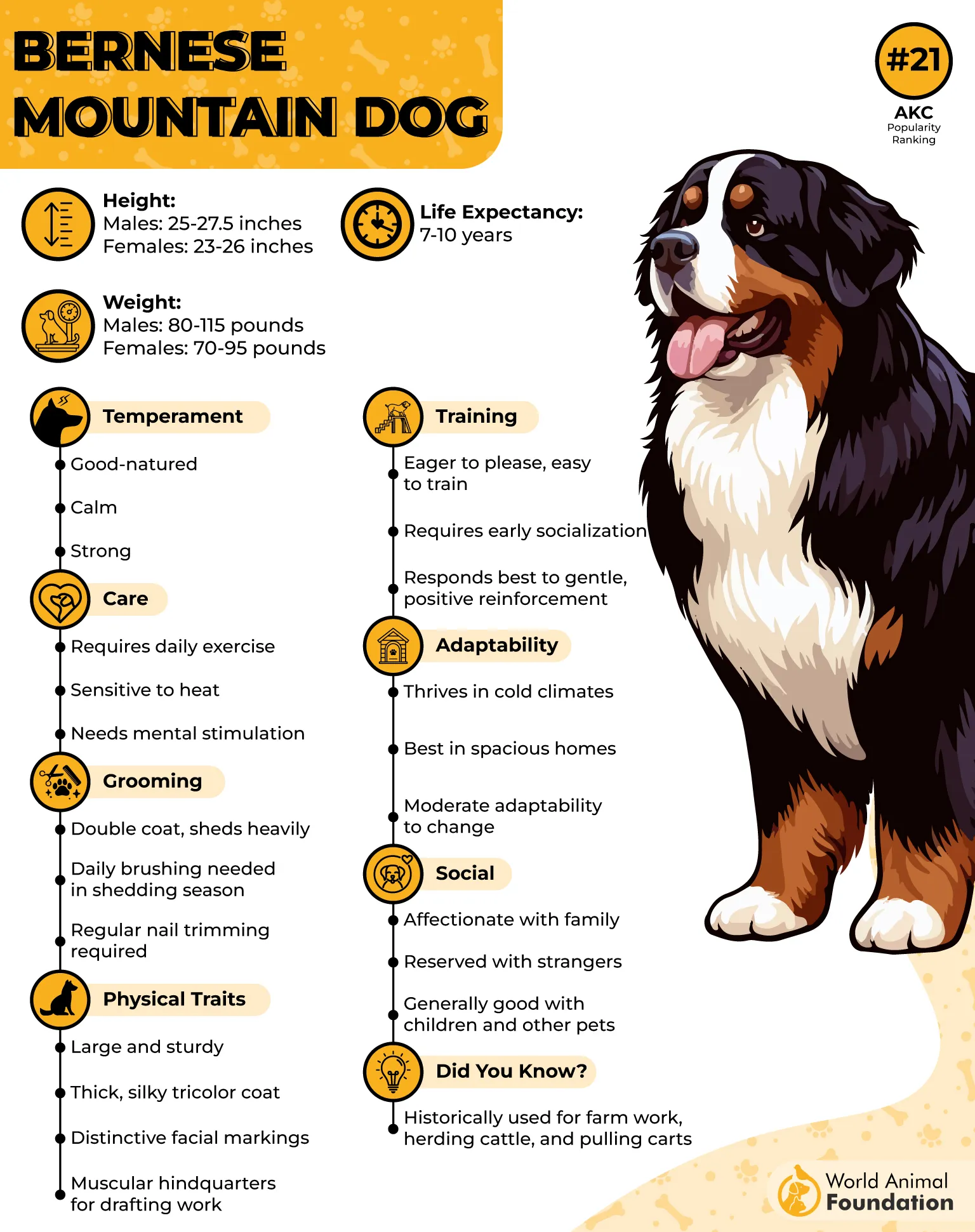
Why they’re so quiet:
Berners are not known to bark excessively. They’re peaceful and steady by nature, choosing to speak up only when something truly needs their attention. With early training, they learn quickly when it’s appropriate to bark and when it’s not.
Personality and lifestyle:
Friendly, affectionate, and eager to please, Bernese Mountain Dogs make wonderful companions. Their size alone is often enough to deter strangers, so they rarely feel the need to make noise.
They do best with regular exercise, plenty of attention, and a bit of grooming for their thick coats. Calm and loving, these dogs bring quiet strength to any home.
6. Whippet

The Whippet is a graceful and affectionate breed known for its calm and quiet nature. Closely related to the Greyhound, this sighthound was originally bred in England to chase small game. Despite their athletic ability, Whippets are gentle, loving, and happiest when curled up beside their favorite human.
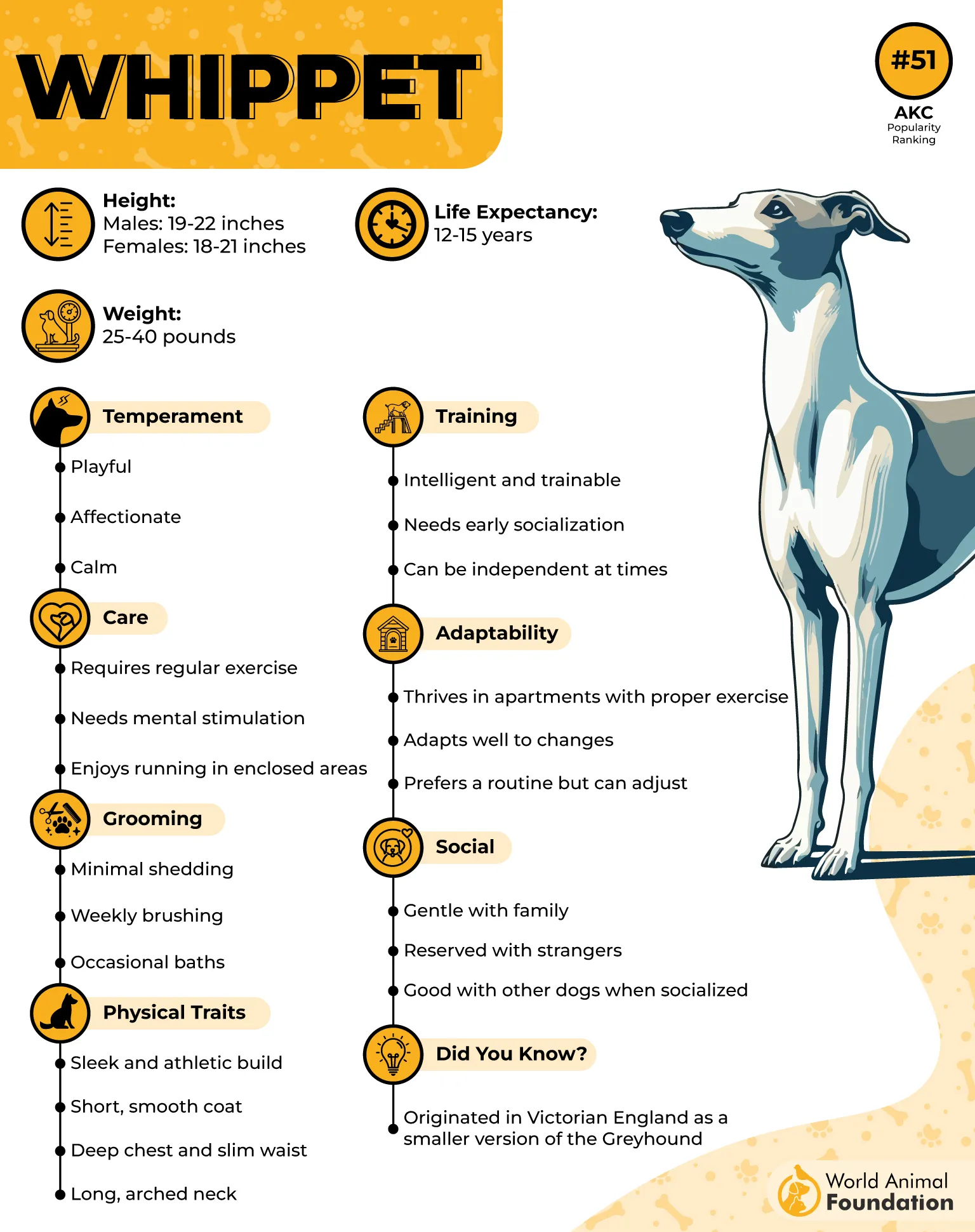
Why they’re so quiet:
Whippets are not big barkers. They hunt by sight and speed rather than sound, so they tend to stay silent and observant. Even at home, they prefer peaceful companionship over noisy excitement.
Personality and lifestyle:
Whippets are affectionate family dogs with a sweet, easygoing temperament. They enjoy daily physical and mental exercise but spend much of their time in a quiet evening.
Sometimes mischievous, they’re known for their sneaky food-stealing skills! With consistent training and a comfy couch, the Whippet makes a quiet, loyal, and loving companion.
7. Borzoi
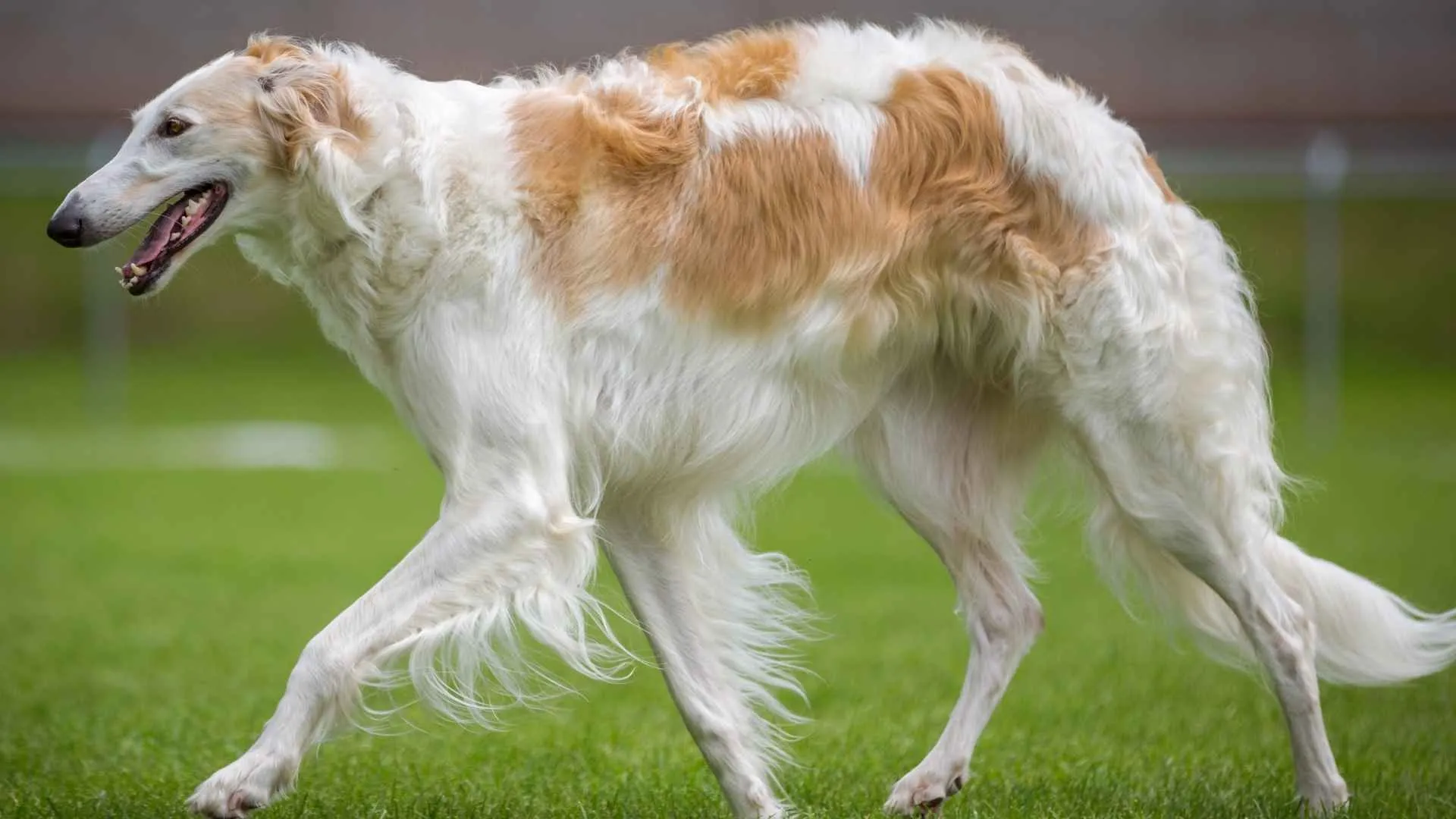
Elegant and poised, the Borzoi is often described as “quiet and catlike” by the American Kennel Club. Originally bred in Russia to chase down large game, this sighthound was built for speed and grace—able to run up to 40 miles per hour, according to Royal Canin.
Despite their impressive athleticism, Borzois are calm, gentle, and remarkably quiet companions.
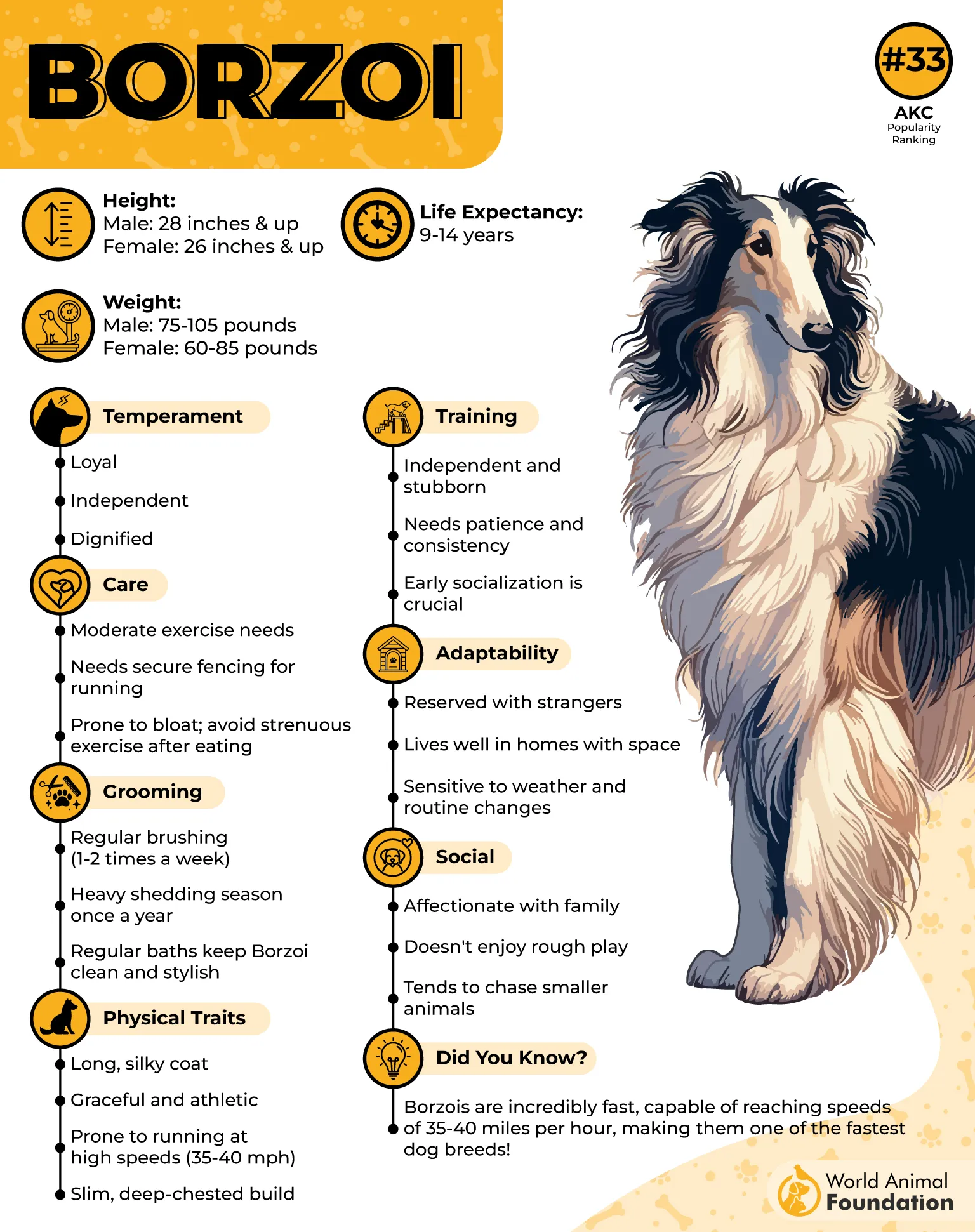
Why they’re so quiet:
Barking wasn’t needed for their hunting work, so Borzois learned to move and chase silently. That trait remains today, making them one of the most peaceful breeds you can bring home. They tend to bark only when necessary.
Personality and ideal home:
With their dignified nature and affectionate hearts, Borzois form strong bonds with their families. They’re calm indoors and enjoy quiet companionship, though they still need room to stretch their legs outdoors.
Polite, graceful, and serene, the Borzoi is perfect for anyone who loves elegance—and silence—in equal measure.
8. French Bulldog
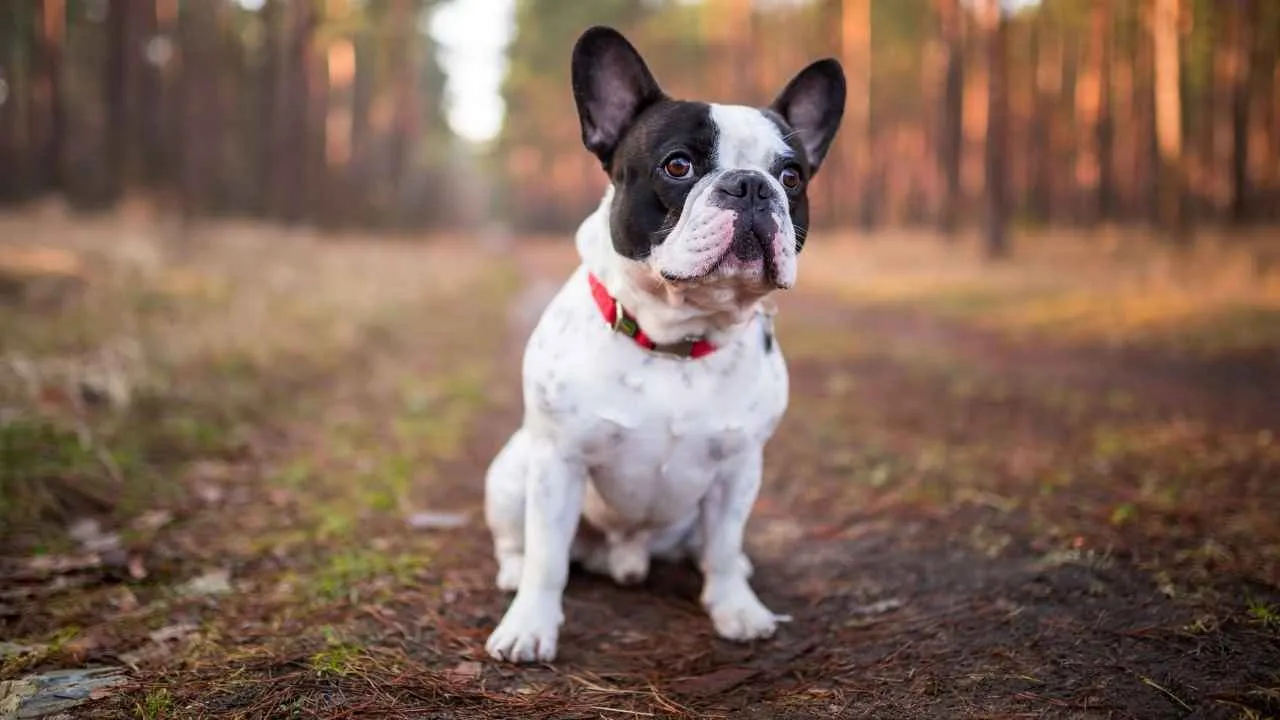
The French Bulldog is one of the most popular small dog breeds in the world. With their signature bat ears and wrinkly faces, Frenchies are known for their loving personalities and calm nature. They thrive on companionship and make wonderful pets for apartment living.
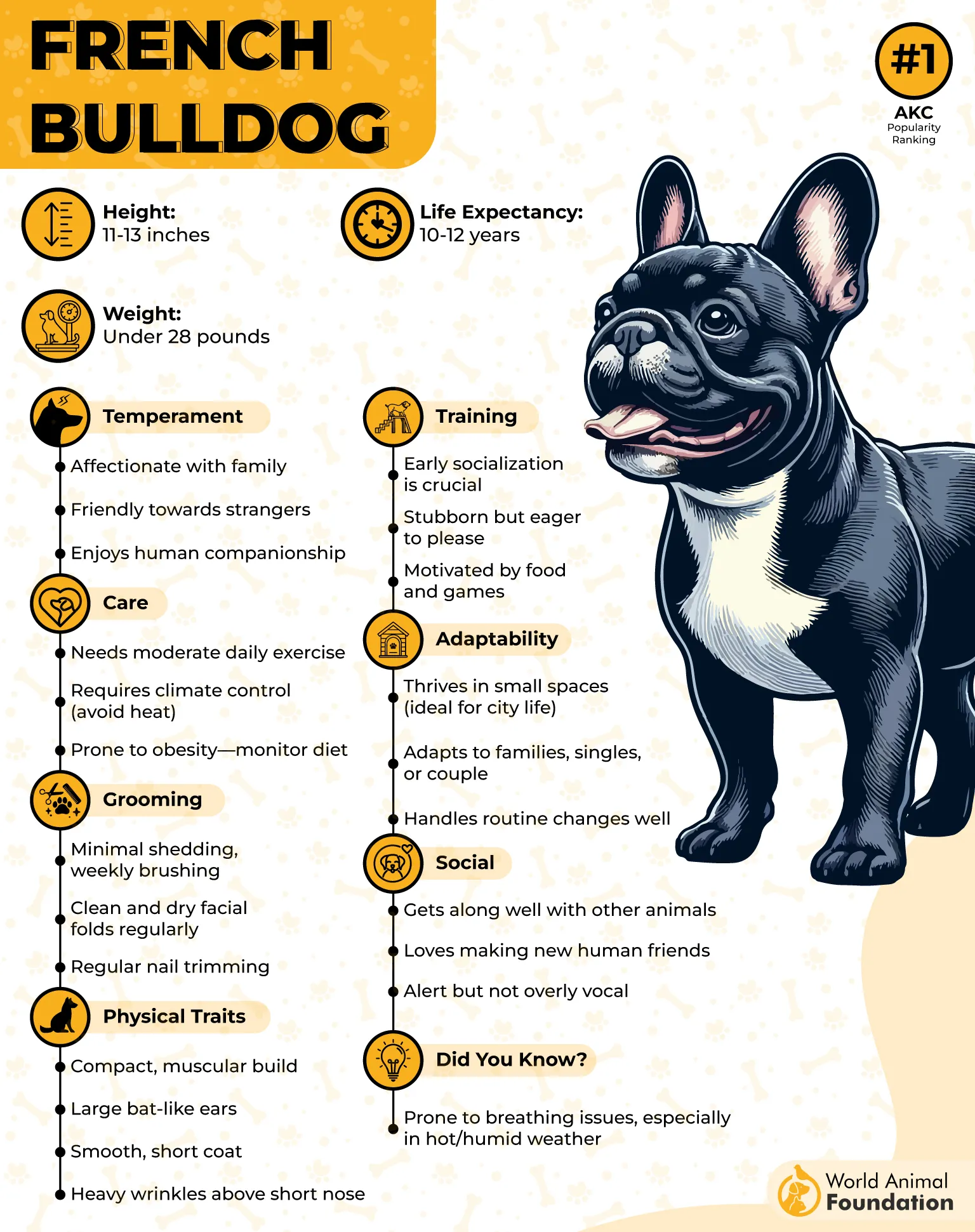
Why they’re so quiet:
French Bulldogs are naturally quiet and tend to bark only when necessary—like when someone’s at the door. They prefer snuggling over sounding alarms. While they may snort or snore due to their short noses, constant barking isn’t in their nature.
Personality and lifestyle:
These gentle clowns are full of charm and love being around people. They’re playful but not overly energetic, which makes them ideal for city dwellers or those with smaller spaces. As long as they get attention and care, Frenchies stay content, cuddly, and delightfully quiet.
9. Great Dane
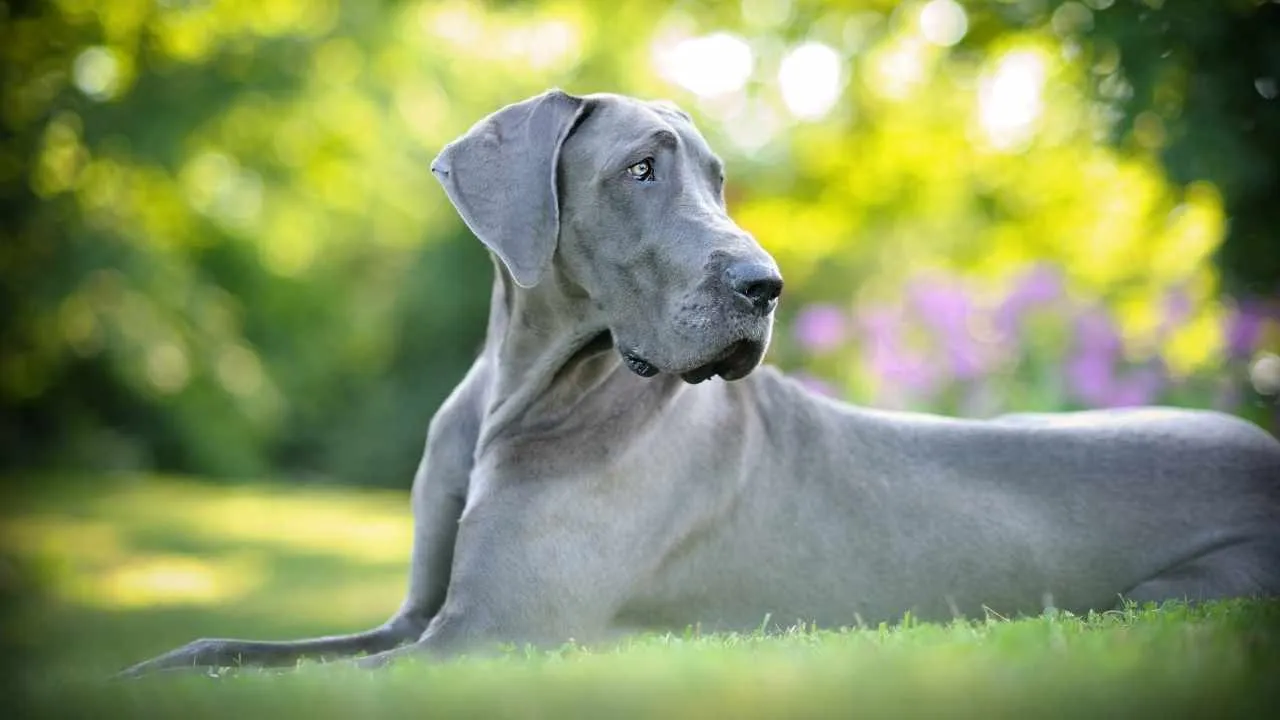
The Great Dane is one of the most majestic and affectionate breeds you’ll ever meet. Known as a “gentle giant,” this dog is both loyal and calm, preferring quiet companionship over constant noise. Despite their impressive size, Great Danes are peaceful and loving family pets.
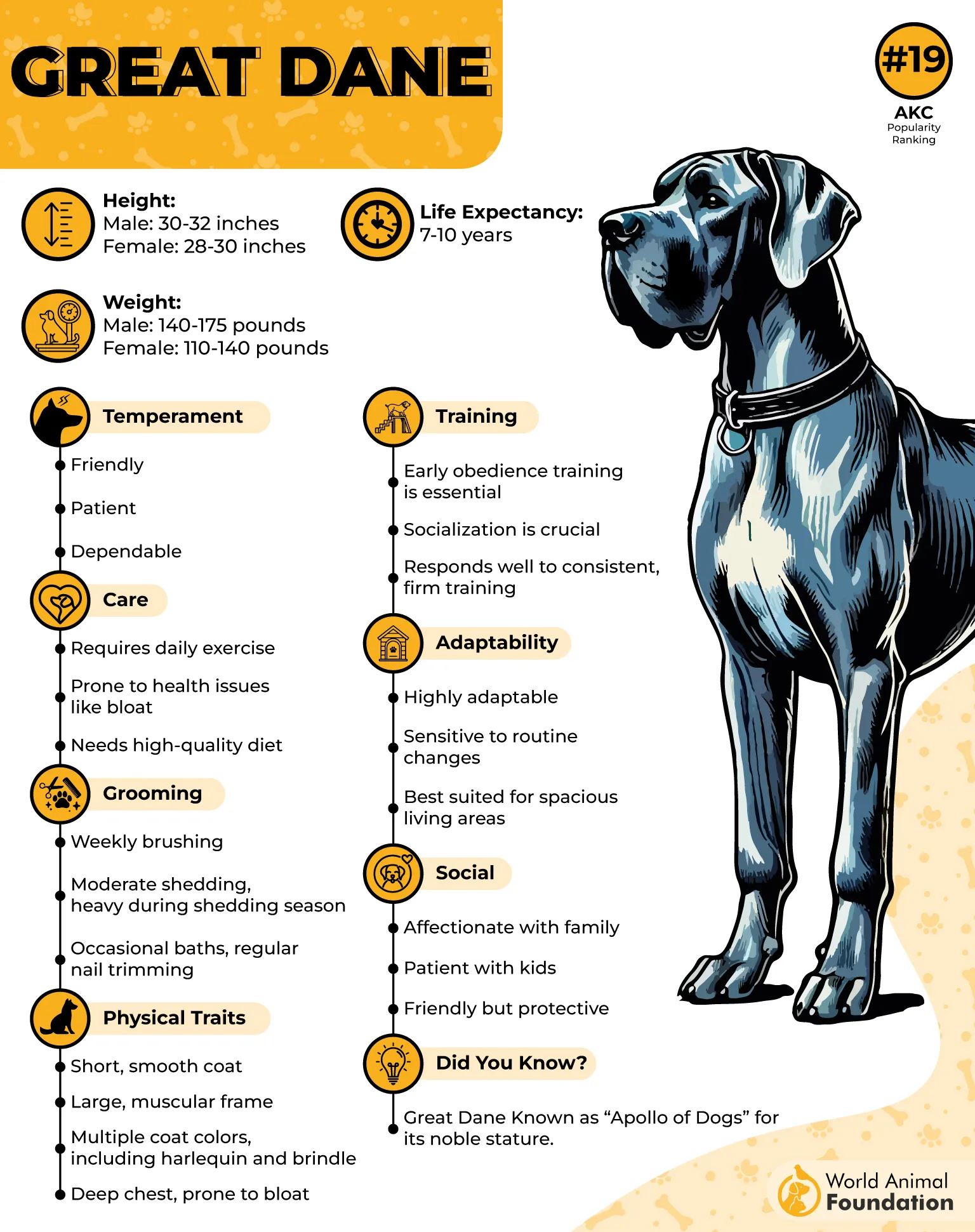
Why they’re so quiet:
Great Danes are naturally quieter compared to other large breeds. They usually speak up only to alert or protect their families. Their sheer size alone is often enough to make their presence known, so they don’t need to be loud to get attention.
Personality and lifestyle:
These dogs are content to lounge quietly beside their humans. While they make excellent watchdogs, they’re not prone to unnecessary barking.
Their gentle temperament and loyal nature make them wonderful companions for those who appreciate both strength and serenity in a dog.
Conclusion
Every dog has its own individual personality, and while some are naturally part of a quiet breed, others simply need patience and proper socialization to learn when to stay calm.
Starting training from a young age helps a lot—especially for certain breeds that are more vocal by nature. Giving your dog enough exercise and attention also prevents boredom, which can lead to unwanted barking.
Remember, even high-energy dogs can learn to relax if their needs are met. Whether you live in an apartment or a house full of other animals, choosing the right dog and meeting their emotional needs leads to a happier home.
A peaceful pooch isn’t just about genetics; it’s about care, understanding, and all the other things you do to make your bond strong. And yes, even the most easily trainable pups need love and consistency—because quiet dogs, just like other dogs, thrive best when they feel secure.

